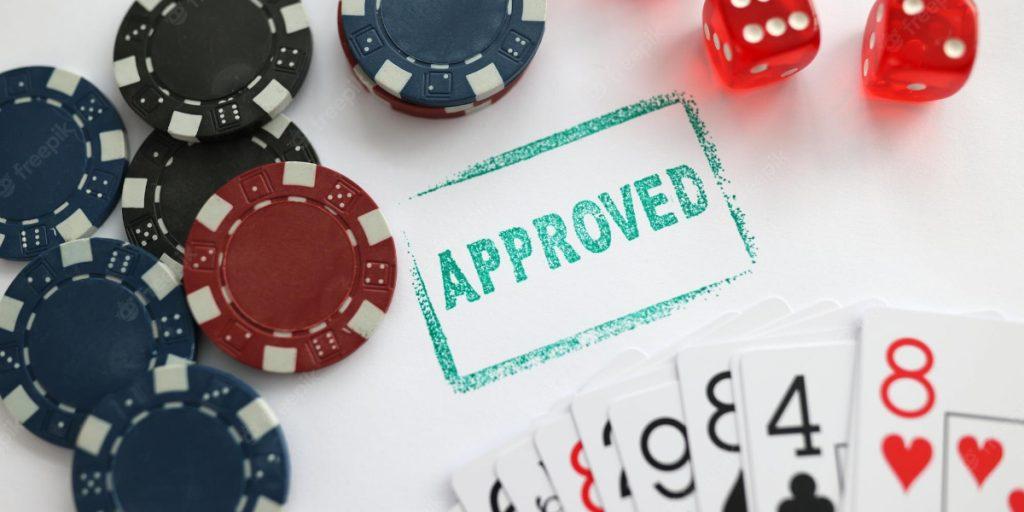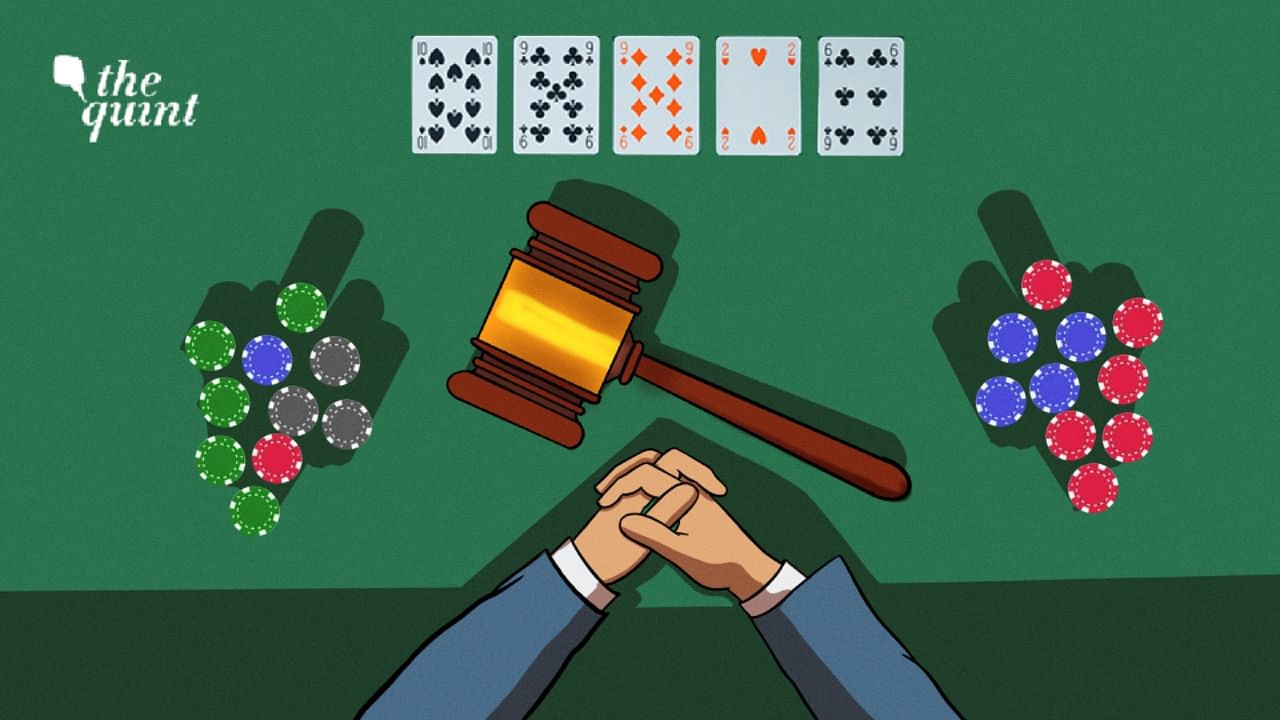The lottery has captured the imagination of millions worldwide for centuries, offering the tantalizing prospect of life-altering wealth with a single ticket. From the small-town scratch-off games to the massive multi-state Powerball jackpots, the idea of winning big has become an integral part of many people’s fantasies. The dream of hitting the jackpot is compelling, but is it worth the risk? How do lotteries work, and what are the psychological and societal impacts of their widespread popularity? Register TC Lottery
The History of Lotteries
Lotteries trace their origins back to ancient times. The first recorded lottery dates back to the Chinese Han Dynasty (around 205–187 BC), where keno slips were used as a form of gambling. The practice spread throughout Europe during the Renaissance, and by the 16th century, lotteries were well established in France and England as a way to raise funds for public works, including the construction of roads, bridges, and even the establishment of colonies in the New World. In the United States, the first state-run lottery was held in New Hampshire in 1964, paving the way for the modern-day lotteries that continue to generate billions in revenue every year.

Today, lotteries exist in numerous forms, including scratch-off tickets, raffles, and large-scale national games with enormous jackpots. In the United States alone, the Powerball and Mega Millions lotteries regularly feature jackpots exceeding hundreds of millions of dollars, with millions of tickets sold in a single draw.
How Does the Lottery Work?
Lotteries operate on a simple concept: players purchase tickets with a set of numbers, and winners are determined by drawing those numbers randomly. The more numbers you match, the bigger your prize. Typically, the jackpot is awarded to the person or people who match all the drawn numbers. Smaller prizes may also be awarded for matching fewer numbers.
The odds of winning, however, are typically extremely low. For example, in the Powerball, the odds of winning the jackpot are approximately 1 in 292.2 million. This means that the chance of winning the grand prize is lower than the likelihood of being struck by lightning or attacked by a shark. These odds are designed to ensure that the lottery generates substantial revenue while making the jackpot so large that it attracts millions of players.
The Psychological Appeal of the Lottery
The psychology behind the lottery’s allure is complex and rooted in the human desire for hope and instant gratification. Buying a lottery ticket can be an inexpensive and simple way to imagine a radically different future, free from financial worries and filled with new opportunities. The low cost of a ticket makes the potential reward seem accessible, despite the long odds. It’s a form of “affordable fantasy.”
The lottery also preys on a cognitive bias known as “the optimism bias,” which causes people to overestimate their chances of winning. Studies have shown that people tend to ignore the statistical reality of their chances and believe they will win, even when the odds are overwhelmingly stacked against them. This is why people continue to play, even when the chances of winning remain minuscule.
The Social and Economic Impact of the Lottery
While the lottery provides an avenue for people to dream of wealth, it also has important social and economic implications. In many countries, lottery proceeds are used to fund government programs, such as education, healthcare, and infrastructure. For example, in the United States, a significant portion of lottery revenue is directed to public schools and state-specific programs. In some countries, lotteries have been used to support social welfare programs for the elderly or low-income individuals.
However, the social impact of lotteries is not without controversy. Critics argue that lotteries disproportionately affect lower-income individuals, who tend to spend a higher percentage of their income on lottery tickets. These players often purchase tickets in the hope of escaping financial hardship, but they may end up spending more than they can afford without a realistic chance of winning. Studies show that poorer individuals are more likely to play the lottery than wealthier individuals, which raises concerns about the fairness of the system and its potential to exacerbate social inequality.
Furthermore, the addictive nature of gambling can lead to negative consequences, including financial ruin, strained relationships, and mental health issues. While the thrill of a potential win can be exciting, the reality for many players is far from the dream of sudden wealth. The compulsion to keep playing despite mounting losses is a phenomenon seen in gambling addiction, and lottery players are not immune to this.
The Ethics and Future of the Lottery
As the lottery continues to be a multi-billion-dollar industry, its ethical implications remain hotly debated. Is it morally responsible for governments to promote such a game of chance, especially knowing that the odds of winning are so low? The question becomes even more complicated when considering the role of lotteries in funding essential services.
In recent years, some have called for reforms, arguing that lotteries should be better regulated or that proceeds should be directed toward programs that benefit the most vulnerable in society. Others have proposed creating a more transparent and equitable distribution of lottery funds to ensure that the benefits reach those who need them most.
Looking ahead, the future of lotteries seems secure, as they remain a popular form of entertainment and revenue generation. However, with the rise of online gambling and new digital gaming technologies, it is likely that the lottery will evolve to meet the changing needs of players. Perhaps, as society becomes more attuned to the social implications of gambling, there will be a greater focus on responsible play and ensuring that the lottery’s reach does not extend to the most vulnerable.
Conclusion
The lottery represents the eternal human hope of instant wealth, but it also serves as a reminder of the risks associated with gambling. While the vast majority of players may never hit the jackpot, the draw of the lottery continues to captivate people around the world. As long as people continue to dream of financial freedom, lotteries will remain an integral part of society’s landscape, even as we debate the true cost of that dream.








